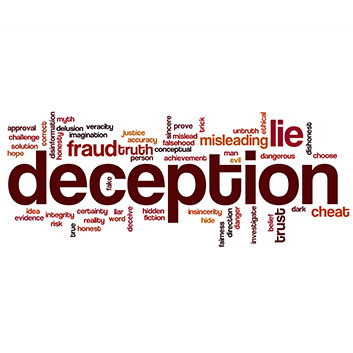An individual made a $28,000 investment into an oil and gas company. The majority shareholder was a childhood friend.
Ten years later, the company offered to buy out the investor’s approximately 6% ownership in the company for $6.5 million. The investor accepted the offer and thought he made a phenomenal return.
But things are not always as they seem.
Two years later, the company was sold for $2.6 billion. Of course, the investor sued for fraud during the time the offer was extended and accepted.
A jury found in favor of the investor with a judgment for the investor of $196 million. The jury was persuaded by evidence that the defendant company had a false impression of the company’s prospects just at the time that it planned to explore for natural gas. The defendants did not communicate that the company had huge upside potential. That upside occurred as they expected but only after the investor sold his privately held interest.
The defendants (company and its owner) attempted to place all responsibility for the transaction on the investor. They said he was a sophisticated business person. They also argued about a release signed by the investor at the time of the buyout transaction.
The court decided that the release was not valid – not a factor in the lawsuit. The court said the investor should probably have considered the buyout agreement more closely. The jury did feel that the relationship with the childhood friend perhaps, lowered the requirement that the investor investigate the deal more closely.
I’ve seen management and those with knowledge of an investment situation withhold critical data and information from others who are making investment decisions. Sometimes management was clearly acting illegally and sometimes it was borderline. Regardless of the culpability of the perpetrator of the fraud, it is always a good idea for the investor to conduct good research (due diligence) before making an investment decision. Even if you are investing in someone that you know really well – such as a childhood friend.
While the court system may provide a remedy the best approach is to avoid these situations in the first place. Do your research.



